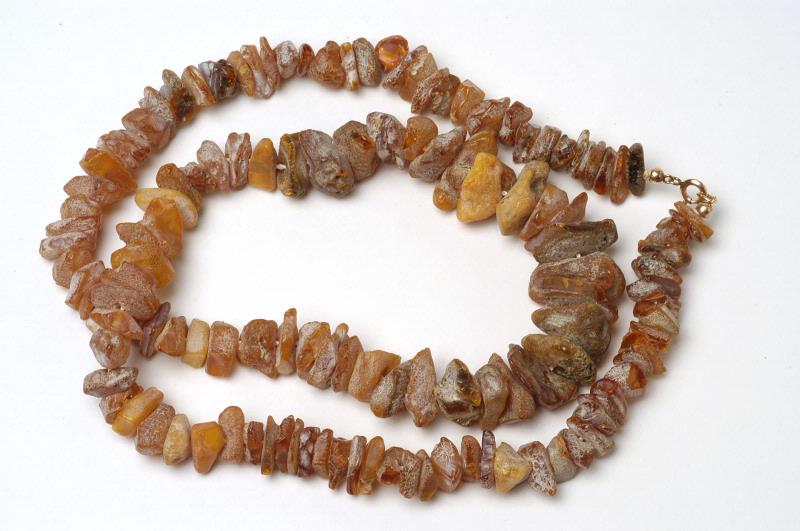Letter that came with the gift in 1998:
My name is Britt Skoog, Gislaved [in the province of Småland, Sweden]. In
1966 my family got to know Regina Jönsson and her husband. We had moved from
Gothenburg and got a house close to Regina's. She got very attached to our
daughter and that's how we got to know each other, a friendship that lasted
until 1981 when Regina died.
She was born in 1971 in Warsaw and came from a Jewish family. When she was
singing in a choir in a church she was brought to a prison camp, even though
she tried to fight back. To be able to catch her they broke her wrists and
ankles. Later she was brought to another camp and then finally to
Ravensbrück. The gold she had in her teeth was ripped out, her golden
earrings too (the scars were still visible), her hair was cut off to be used
in cushions. Regina told us about her work in the camp. It was to carry dead
people to graves. One Christmas day morning she had to stand bare feet
without underwear in the snow and the cold while the women were counted over
and over again. Her toes got frostbitten. The medical experiments Regina had
to undergo I cannot describe. She was destroyed for life. She told about the
transportations of prisoners from one camp to another. The carriages were
packed with women, dead and alive, and a few guards. The famine was huge and
if the guard was asleep she could steal some food from him. At the end of
the war Regina came to Lund with the Folke Bernadotte action. She was scared
to death when she had to undergo medical examinations.
Then she was brought to Tomelilla [east of Lund] and some time after she got
shelter in the home of a priest in northern Skåne, Fader Gunnar in Osby. She
took care of the children, worked as a maid, but most of all she got
compassion. In Osby she met Ove, they got married and moved to Gislaved were
Ove worked as a night porter. Regina soon had to sit in a wheel chair and
needed lots of help. I tried to help her as much as I could when not working
as a teacher. Our children helped too, and she treated them as her own.
One day Regina took out a necklace and told me how she had smuggled it
through three camps. She wanted to give it to me to thank me for all of the
help. It was dirty, just a thread as a string and a rusty clasp
unfortunately, but it was a gift from her heart. When I received it sometime
later I put a new thread in it. I might regret that today, but at that time
I thought it was a good thing to do. I've never worn it because of its
history. Now I wonder if you would like to take care of this amber necklace,
so that it will be kept. Think about how it's been hidden under a mattress,
among old rags, hidden from the guards etc.
Regina got horrible pains in her stomach during the autumn of 1981, fell
unconscious quickly at Värnamo hospital and died after a couple of weeks. I
sat with her in the ward. The doctors and the nurses were deeply touched by
Regina's life and I saw many of them crying. With broken feet and hands,
figures on her arm it was too much for them to bare. Now Regina rests at the
cemetery here in Gislaved together with her husband. I take care of the
grave because there are no relatives. Through the Red Cross my husband
managed to get a pension from the German government. Regina's life also got
documented. Unfortunately I don't have a copy of it.


 ARTIKLAR I WIKIPEDIA
ARTIKLAR I WIKIPEDIA ARTIKLAR I WIKIDATA
ARTIKLAR I WIKIDATA BILDER I WIKIMEDIA COMMONS
BILDER I WIKIMEDIA COMMONS


